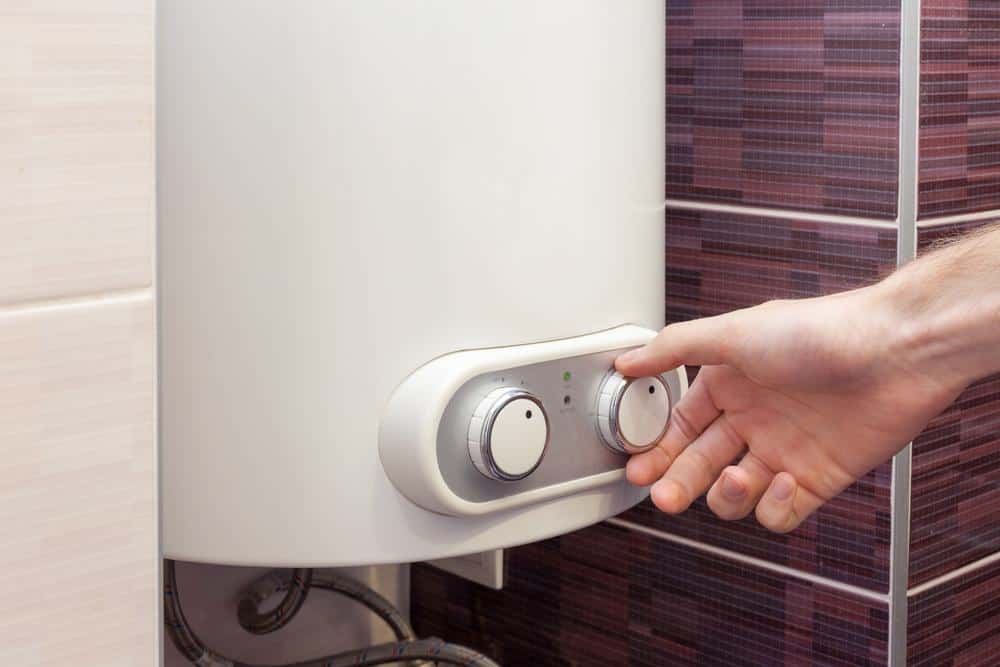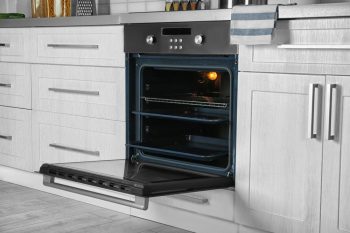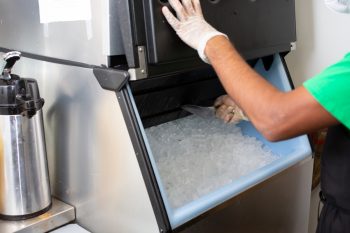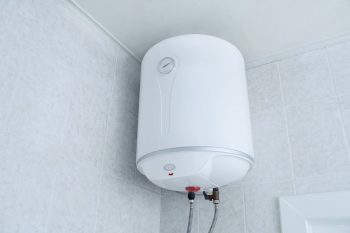
A DSI (Direct Spark Ignition) water heater is an integral component of many recreational vehicles (RVs), providing hot water for showers, cooking, and cleaning. But what exactly is a DSI water heater, and how does it work? In this comprehensive guide, we’ll cover everything you need to know about DSI water heaters, including their operation, benefits, potential drawbacks, and maintenance tips.
A DSI (Direct Spark Ignition) water heater is a type of water heater commonly used in recreational vehicles (RVs). It is automatically ignited by a switch inside the RV, which opens the propane gas valve in the water heater and ignites the burner with electric sparks. The burner heats the water until it reaches a set temperature, providing a convenient and efficient source of hot water for showers, cooking, and cleaning in the RV.
Understanding DSI Water Heaters
DSI stands for Direct Spark Ignition, a technology that allows the water heater to be automatically ignited by a switch inside the RV. When you activate the DSI switch, it opens the propane gas valve in the water heater and simultaneously ignites the burner with electric sparks. The burner then heats the water until it reaches the set temperature. Once the desired temperature is achieved, the burner goes out and only restarts when the heated water is used.
Benefits of DSI Water Heaters
DSI water heaters offer several significant benefits for RV users:
- Convenience: DSI water heaters can be easily activated with a switch inside the RV, eliminating the need to manually light a pilot flame outside the vehicle.
- Automatic ignition and regulation: The DSI system automatically ignites and regulates the water heater’s burners, ensuring a hassle-free and safe water heating experience.
- Dual fuel options: Some DSI water heaters allow you to switch between electric and gas options for obtaining heat, providing flexibility in energy sources.
- Safety features: DSI water heaters come with safety components that sense defects in the water heater ignition, ensuring the safety of RV users.
Potential Drawbacks of DSI Water Heaters
Despite their benefits, DSI water heaters also have some potential drawbacks:
- Limited hot water supply: DSI water heaters typically have a storage tank capacity of six or ten gallons. Once the hot water is used up, you have to wait for the heater to heat more water.
- Space consumption: Tank-based DSI water heaters take up more space in your RV due to the size of the tank.
- Dependency on propane or electricity: If you run out of propane or don’t have access to electricity, you may lose your hot water source.
Maintenance and Safety Precautions
Proper maintenance is essential to keep your DSI water heater functioning properly. Here are some tips:
- Regularly inspect and clean the burner assembly.
- Check for gas leaks.
- Drain and flush the water heater tank after every trip.
- Replace the anode rod if necessary.
Energy Efficiency of DSI Water Heaters
When it comes to energy efficiency, DSI water heaters only heat water when it’s needed, making them more energy-efficient than conventional storage tank water heaters. However, the energy efficiency of a water heater can be influenced by factors such as fuel type, flow rate, and usage patterns.
Choosing a DSI Water Heater
When choosing a DSI water heater, consider factors such as capacity, energy source, energy efficiency, durability, total cost of ownership, and maintenance. These factors will help you select a water heater that best suits your needs.
Leading Brands and Models
Some leading brands and models of DSI water heaters in the market include Suburban, Dometic, Truma Aqua-Go, and Girard. These brands are known for their quality, efficiency, and reliability in providing hot water for RVs.
In conclusion, a DSI water heater is a convenient and efficient option for your RV. By understanding its operation, benefits, drawbacks, and maintenance requirements, you can make an informed decision and enjoy a reliable source of hot water during your RV adventures.
Frequently Asked Questions
How often should I replace the anode rod in my DSI water heater?
The frequency of anode rod replacement depends on the water conditions and usage. However, it’s generally recommended to inspect the anode rod at least once a year. If more than half of the rod has been eroded, it should be replaced.
Can I use a DSI water heater in my home, or is it only for RVs?
While DSI water heaters are commonly used in RVs due to their convenience and compact size, there’s nothing stopping you from using one in a regular home. However, keep in mind that they typically have a smaller capacity than residential water heaters, so they may not be suitable for larger households.
What should I do if my DSI water heater doesn’t ignite?
If your DSI water heater doesn’t ignite, it could be due to several reasons, including a faulty spark electrode, a blocked gas valve, or insufficient gas pressure. You should consult your water heater’s manual or contact a professional for troubleshooting.
Are DSI water heaters more expensive than traditional water heaters?
The cost of DSI water heaters can vary depending on the brand, model, and capacity. They might be slightly more expensive than traditional water heaters due to their automatic ignition feature. However, their convenience, safety features, and energy efficiency can offset the initial cost over time.
Can I install a DSI water heater by myself, or do I need a professional?
While it’s possible to install a DSI water heater yourself if you have some technical knowledge and the right tools, it’s generally recommended to have a professional do the installation. This ensures that the water heater is installed correctly and safely, and it may also be required to maintain the warranty.












